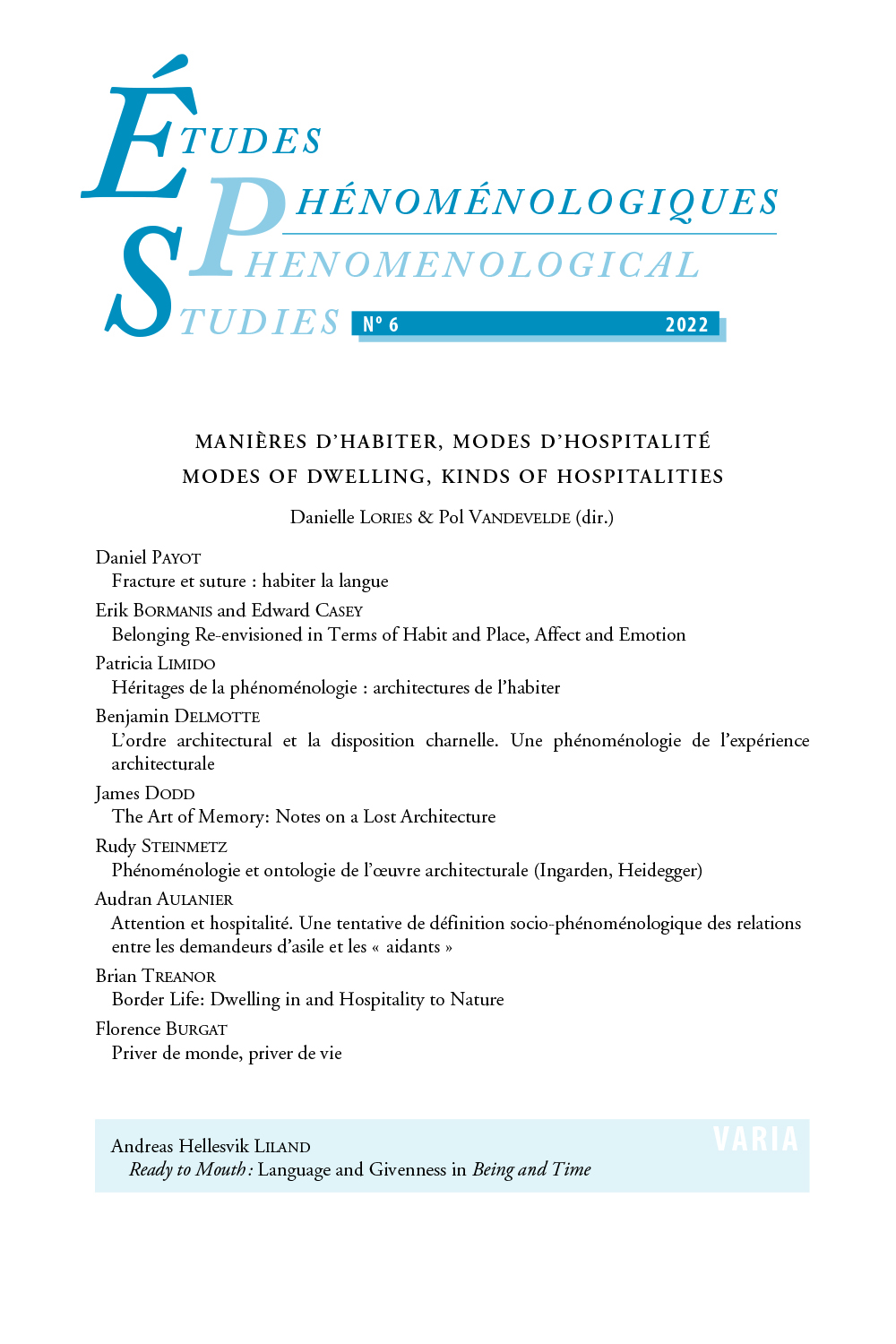 previous article in this issue previous article in this issue | next article in this issue  |

Preview first page |
Document Details : Title: Sartre on Invention as the Essential Moment of Ethics Author(s): KLOCKARS, Kristian Journal: Etudes phénoménologiques - Phenomenological Studies Volume: 9 Date: 2025 Pages: 99-124 DOI: 10.2143/EPH.9.0.3293692 Abstract : The article studies aspects of invention as essential moments of Sartre’s conception of ethics and praxis. Questions of ethics are treated by Sartre as intertwined with issues of politics. A specific topic concerns the connections between invention and imagination. Sartre’s ethics is layered. Norms as unconditional possibilities form an essential phenomenological aspect of all ethical experience. The task of inventing novel forms of action depends on both normative outlooks and concrete situations, and is viewed as a kind of ethical obligation. In order to invent justified novelties, it is important to engage with an in-depth understanding and diagnosis of situations. Ethical invention also involves relations with oneself as a person, both to view oneself as vehicles of action and to re-invent oneself as a person. The latter topic is conceptualized in terms of imaginary personage. Ethical invention is viewed as an implementation of certain reflective steps, or a method, through which sufficiently well justified outlooks on what is the right thing to do are sifted out. Such actions are, however, singular, and limited, and never embody the full realization of normative standpoints. |
|


